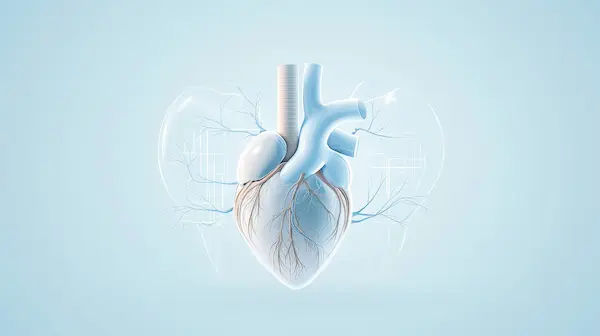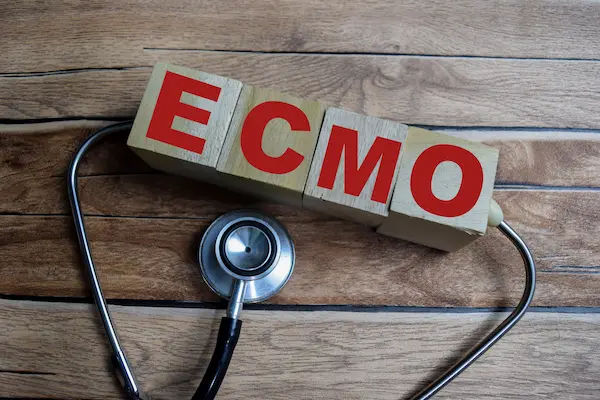- Male
- 27 Years
- 07/02/2025
I recently had a blood pressure reading of 140 over 100 and my doctor prescribed some medication. Later, I went through an echo and it turned out I have high anxiety. I'm curious, can echo tests really measure anxiety? And do you think this is something that can be cured, or does it mean I'll be on medication for both anxiety and blood pressure for the rest of my life?
Answered by 1 Apollo Doctors
Anxiety cannot be measured in an echocardiogram. Anxiety is a psychological condition that is typically diagnosed based on symptoms and a clinical evaluation by a mental health professional. Treatment for anxiety may include therapy, lifestyle modifications, and medications such as selective serotonin reuptake inhibitors (SSRIs) like Sertraline. It is possible to manage and even overcome anxiety with the right treatment approach. However, it is important to follow your doctor's recommendations and continue with any prescribed medications for both anxiety and high blood pressure to effectively manage both conditions.
Dr. Dhankecha Suggests...
Consult a Cardiologist
Answered 04/07/2025
0
0

More Cardiology Health Queries
View allI'm trying to understand my echo report. It says all chamber sizes are normal, there's no regurgitation, and valve morphology is normal, with normal LV function. But it doesn't mention anything about pulmonary artery pressure. Does this mean my pulmonary pressure is normal? I'm a bit confused and would love some clarity on this.
Normal echo report..
Answered by 1 Apollo Doctors
I'm really worried about my mom. Her blood pressure this morning was 16090, and she's gained 45 kgs in the last 7 months. She doesn't show any other symptoms, but should I be concerned? Do you think she should start on any medication, or is there something else I should do? I'm planning to keep track of her blood pressure from now on. What would you recommend?
High blood pressure (hypertension) can lead to serious health issues if left untreated. Given your mother's blood pressure reading of 16090, it is considered high and should be monitored closely. Since she has also gained weight recently, it is important to address this as well to help lower her blood pressure. I recommend starting with lifestyle modifications such as regular exercise, a healthy diet low in sodium and saturated fats, and weight loss if needed. Additionally, she can start taking an antihypertensive medication such as Losartan 50mg once daily to help lower her blood pressure. However, it is important to consult with a healthcare professional for proper evaluation and monitoring.
Answered by 1 Apollo Doctors
I'm really worried about my wife. She's been having chest pain and the doctor recommended an ultrasound and an ECG. The ultrasound turned out normal, but the ECG showed something concerning. It mentioned "old high lateral MI." What does this mean, and what should we do next?
Your wife seems to have an old high lateral myocardial infarction based on the ECG findings. To manage her chest pain and heart condition, she can take Aspirin 75mg once daily to prevent blood clot formation and reduce the risk of heart attack. Additionally, she can take Clopidogrel 75mg once daily to further prevent blood clots. It is important for her to follow up with a cardiologist for further evaluation and management.
Answered by 1 Apollo Doctors
Disclaimer: Answers on Apollo 247 are not intended to replace your doctor advice. Always seek help of a professional doctor in case of an medical emergency or ailment.





_5.webp)